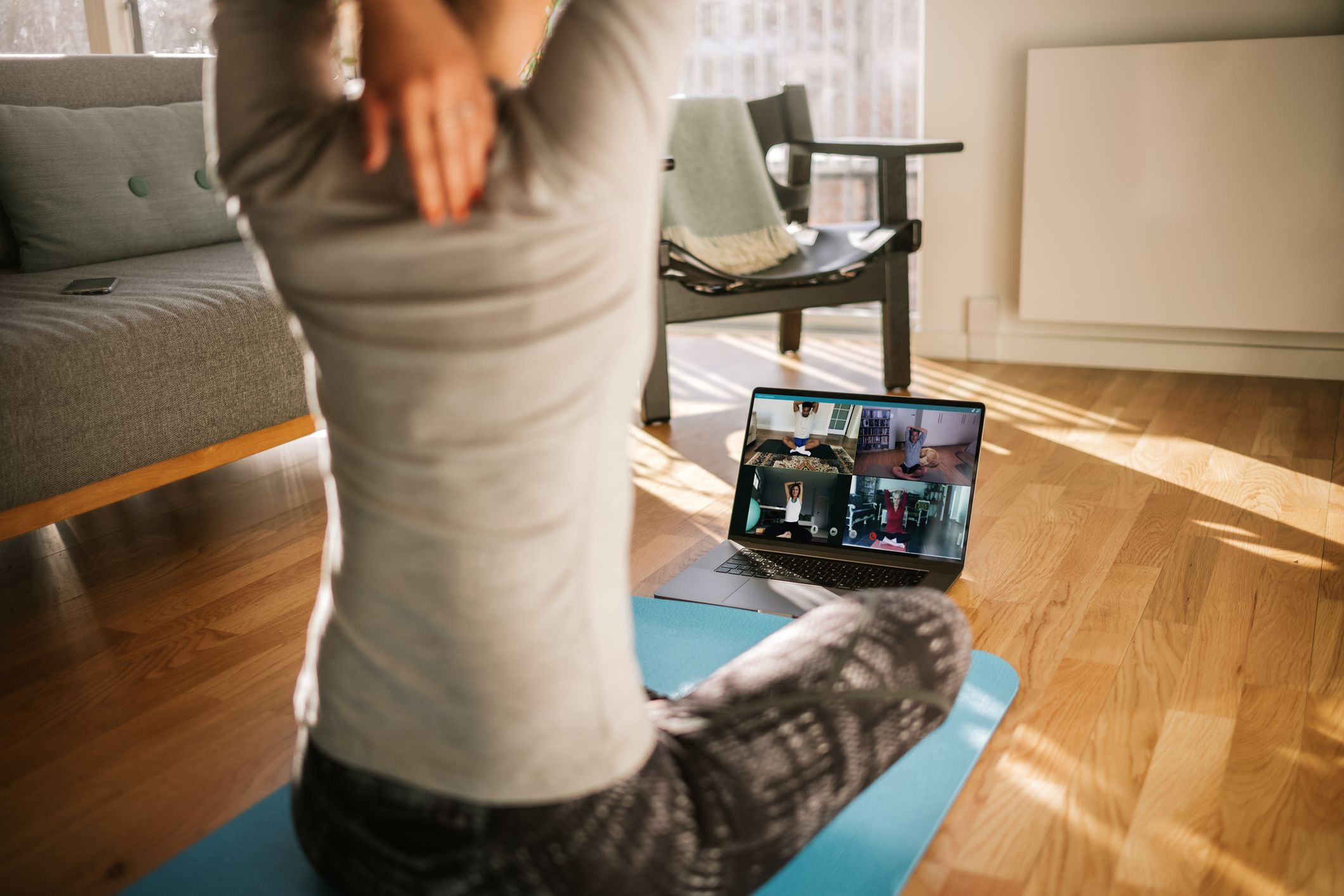2020 has been a challenging year to say the least. The
stress and anxiety caused by fear, uncertainty, isolation, grief and other
worries that come along with a pandemic can take a toll on your mental health. Did
you know that stress isn't just a mental health issue? It can cause physical
problems as well. In today's blog, the physicians at Resurgens
Orthopaedics are talking about how your mental and physical health affect each
other.
What Happens When You Experience Stress
When you experience stress your body responds by activating a fight or flight response prompting hormones to be released including adrenaline and cortisol. This reaction gives you a burst of energy while causing your heart rate to increase, blood pressure to rise and muscles to tighten. Your body will return back to its typical state once the stressor has passed. However, COVID-19 has brought a constant state of stress as you navigate social distancing, virtual work and school not to mention health concerns for yourself and loved ones from the virus itself. When your body feels consistently under attack the fight or flight response remains.Chronic Stress and Your Health
Chronic stress can lead to many health issues including anxiety, depression, heart disease, gastrointestinal problems, and suppressed immune system among other health risks. It also increases your risk for painful disorders such as arthritis. "During this pandemic, like most people, people with arthritic pain are feeling their symptoms more than ever", says Dr. Mathew Levine. "I have been encouraging my patients to be mindful of their 'self-care.' We often discuss getting out of the house, taking that walk, and enjoying some fresh air. By reducing our stress in conjunction with exercise, it can often result in decreased pain."How to Help Cope with Stress and Anxiety
Exercise

Stress Management
Managing your stress can help improve your mental health and decrease your physical pain. Some ways to decrease stress include listening to music, reading a book, taking a bath or watching a TV show you enjoy. Doing at least one of these each day will help you decrease your stress. Another way to decrease stress is to seek the support of a family member, friend or a mental health professional so you can "talk" about the situation(s) that are adding stress for you.Sleep
Lack of sleep has a direct effect on your mental and physical health as well as your quality of life. Establishing a regular sleep pattern is important. Try to go to bed around the same time each night. Work to create a comfortable sleep environment with no distractions and a calming temperature. Don't eat too close to bedtime and avoid drinking caffeine after 4pm. Relax for at least 30 minutes before hitting the hay while resisting the urge to use electronic devices.Eat Healthy

Know You are Not Alone
If you have been experiencing chronic stress or anxiety, it's important to know that you are not alone. Talk to your friends, co-workers or call a helpline if you are feeling stressed and anxious. COVID-19 has presented various challenges in various ways for every single person. We are all in this together and hope these tips help you continue to keep moving through 2020.
**Dr. Mathew Levine and Dr. Erroll Bailey have been
recognized by the Arthritis Foundation for their excellence in orthopaedic
surgery. Dr. Levine was named Medical Honoree of the Arthritis Foundation's
2020 Walk to Cure Arthritis in Atlanta. Dr. Bailey has been selected to receive
the Arthritis Foundation's 2020 Hugh McLeod, III M.D. Award of Excellence in
October.**